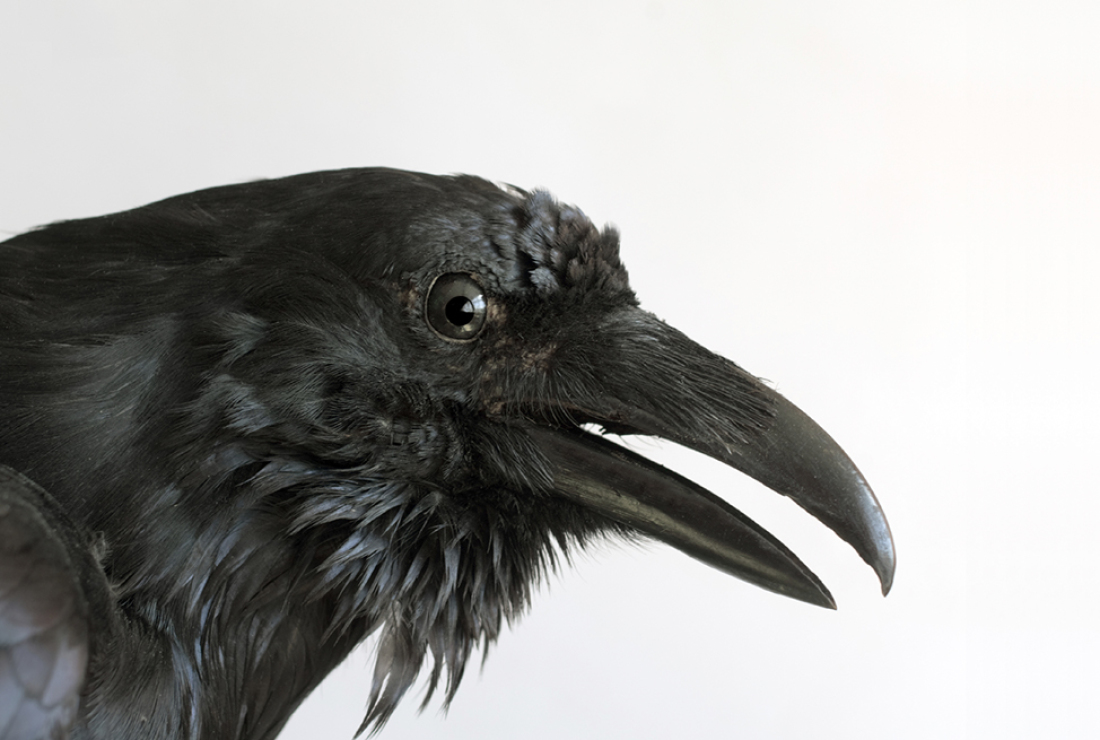
Long Ago, In a Galaxy Far, Far, Away
Astronomers in Melbourne, Australia have detected a galaxy that is more ancient than any galaxy ever seen. They have named the galaxy A1689B11 and have determined that the light now reaching earth was emitted 11 billion years ago and has been travelling toward us ever since. That means that this light started travelling toward the…
Continue reading
Rex and the Governor General
Governor General Julie Payette generated a fire-storm of words when she asserted her belief in science and effectively derided all other forms of knowledge or faith. For the record, she is, of course, entitled to make such statements in this multi-cultural, multi-faith country of Canada. What she said at a science conference is her own…
Continue reading
The Pace of Scientific Advancement
The pace with which scientific and technological advances are happening is astounding. In 2014/2015, researchers had just begun to grasp the potential of the CRISPR/Cas9 system to edit genomes (see my previous blog here). The technology allows scientists to cut out pieces of DNA and replace the displaced DNA with a novel strand. This can…
Continue reading
AI and NT: What makes us human?
Two recent developments in science could leave us asking the question, “What does it mean to be human?” First, the October 19 edition of the journal Nature reports on a remarkable computer program that taught itself how to play the ancient game called Go. Programmers set up the algorithms which included the structure and rules…
Continue reading
Hope for the Evangelical Mind
In 2004, ten years after the publication of The Scandal of the Evangelical Mind, Mark A. Noll was unrepentant about his assessment of the Evangelical mind. I remain largely unrepentant about the book’s historical arguments, its assessment of evangelical strengths and weaknesses, and its indictment of evangelical intellectual efforts, though I have changed my mind…
Continue reading
Faith and Science
The writer Mary Doria Russell has said, To me, religion seems very much like music. No one would argue that music is the opposite of science. No one would expect a scientist to reject music, simply because it is not a collection of empirical facts organized into a body of theory that generates testable hypotheses.…
Continue reading
Eclipses and Eggs
Annie Dillard went to see a total eclipse of the sun in 1979 and wrote about it in “Total Eclipse,” published as part of her book, Teaching a Stone to Talk. She speaks of the terrifying nature of a total eclipse and says that “Seeing a partial eclipse bears the same relation to seeing a…
Continue reading
Life As We Know It
The combined information in two articles within a recent edition of Science News Journal[1] can lead to some intriguing speculation. One of the greatest assumptions of the search for extraterrestrial life is that we will likely find life where there is water. This is a valid hypothesis, for we know that life, as we know…
Continue reading
A Note About Privacy
A recent article in Wired Magazine reviewed and critiqued the various Artificial Intelligence (AI)-powered devices known as home assistants or homebots. Tucked into the innocuous article was “A NOTE ABOUT PRIVACY.” It is perhaps the most relevant part of the article and reminds us of something we have all been thinking for more than a…
Continue reading
Plan Like a Raven
Many will know of my fascination with crows, ravens, and other members of the Corvidae family. This group of birds also includes the jays, magpies, and whisky jacks (grey jays). I have previously described (blog posts here and here and my favourite here) the great intelligence of these birds (specifically the Corvus moneduloides or New Caledonian crow) and…
Continue reading